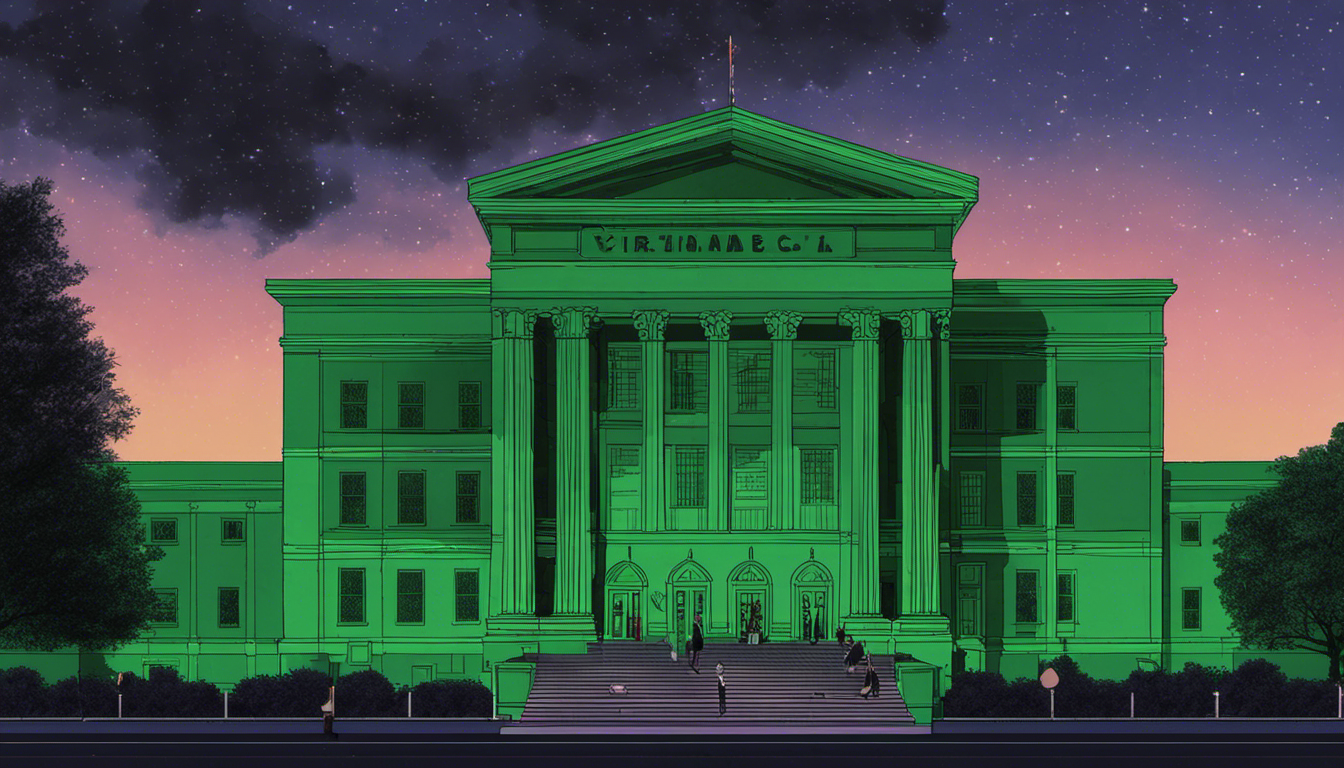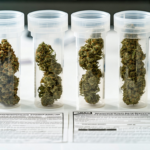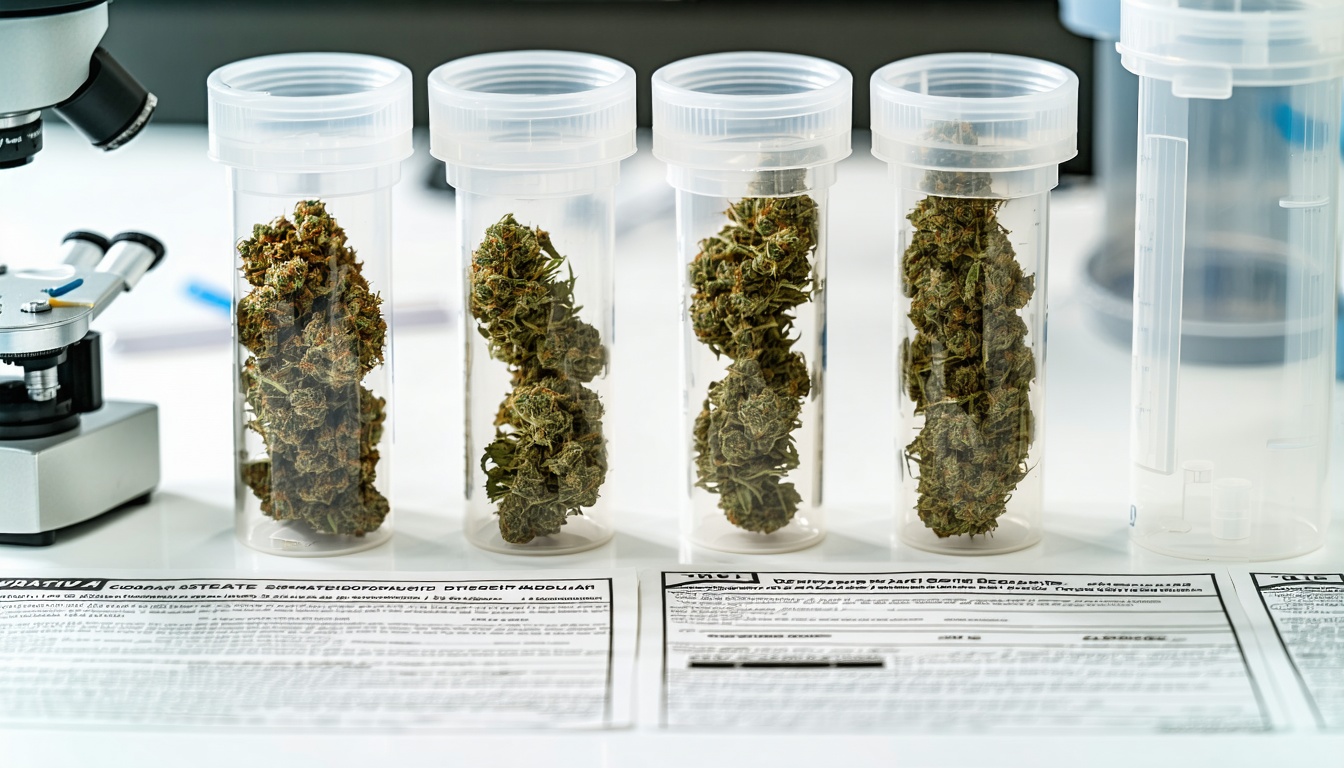Virginia Senate Committee Passes Bill to Create Regulated Marijuana Market
A bill aimed at establishing a regulated retail market for marijuana in Virginia has cleared its first hurdle in the state legislature. The Senate Rehabilitation and Social Services Committee voted 8-7 along party lines to send the bill to the full Senate.
The legislation, sponsored by Senator Aaron Rouse (D-Virginia Beach), would create a system for tracking marijuana from seed to sale, with the goal of keeping it out of the hands of young people. The bill would also cap the number of stores that could operate in the state at 350, limit the amount of marijuana that can be sold to an individual to 2.5 ounces, and increase the amount of marijuana that Virginians could possess legally to 2.5 ounces.
The bill would also impose an 8% tax on marijuana sales, which could generate around $400 million in tax revenue annually. Localities would have the option to hold a referendum to ban marijuana sales in their area.
Governor Glenn Youngkin, a Republican, has previously vetoed a similar bill, citing concerns about the potential health and safety risks associated with marijuana use. Youngkin has instead called for the creation of a single commission to oversee the state’s various forms of gambling.
Opponents of the bill, including the Virginia Catholic Conference and the Family Foundation of Virginia, have expressed concerns about the potential risks of marijuana use, particularly for young people. They point to studies showing that marijuana use can have negative effects on mental and physical health, as well as on academic and social development.
Proponents of the bill, including Senator Rouse, argue that regulating the marijuana market would help to keep it out of the hands of children and reduce the risk of overdose and other negative consequences. They also point to the fact that marijuana is already widely available in the state, but is often sold illegally and without regulation.
The bill is expected to face further debate and votes in the House of Delegates and the full Senate before it can become law. If it passes, it would likely face another veto from Governor Youngkin, who has made it clear that he opposes legalizing marijuana for recreational use.












